Turkish disabled earthquake survivor travels 18 km to take shower
People with disabilities who have been living in tents or containers after Feb. 6 earthquake stated that living conditions were not suitable for their use, leading them to refrain from eating to avoid the difficulty of not having accessible toilets or to travel 18 km for taking a shower.
Didem Barut / Gazete Duvar
Earthquake survivors living with disabilities who tried to continue their lives in containers after the Feb. 6 earthquakes said that they were only remembered on Dec. 3, International Day of Persons with Disabilities.
Ali İlhan, an Advisory Board Member of the Foundation for the Blind of Turkey, pointed out that people with disabilities live in difficult conditions in tents and containers and said, "Fatalism and ableism added obstacles to our disabilities, and walls were built in front of us that we could not overcome."
Necati Bürge, himself and his wife live with spinal paralysis in quake-torn Malatya province, said that they were completely forgotten after the earthquake. Bürge stated that he had great difficulties during and after the earthquake and said, "We have no house, it was destroyed. I was able to get a container from the authorities (only) three months ago.”
Even though months have passed since the earthquakes and another winter season has arrived, most of the survivors still live in temporary settlements and the government has no immediate plan of relocation to proper housing facilities.
“The conditions of the containers are not suitable for people with disabilities to live in. We cannot meet our basic needs. I take a bus to the container city 18 kilometers away to take a bath. I have to go to the accessible toilet at the state hospital. We do not eat to avoid going to the toilet,” Bürge stated.
He underscored that the authorities disregard the problems they have been experiencing in the temporary settlements which they even could settle after a long time.
Cenani Beyaz who has been living in a container with her wife and son living with disabilities stated that no one except journalists asked about their problems until now.
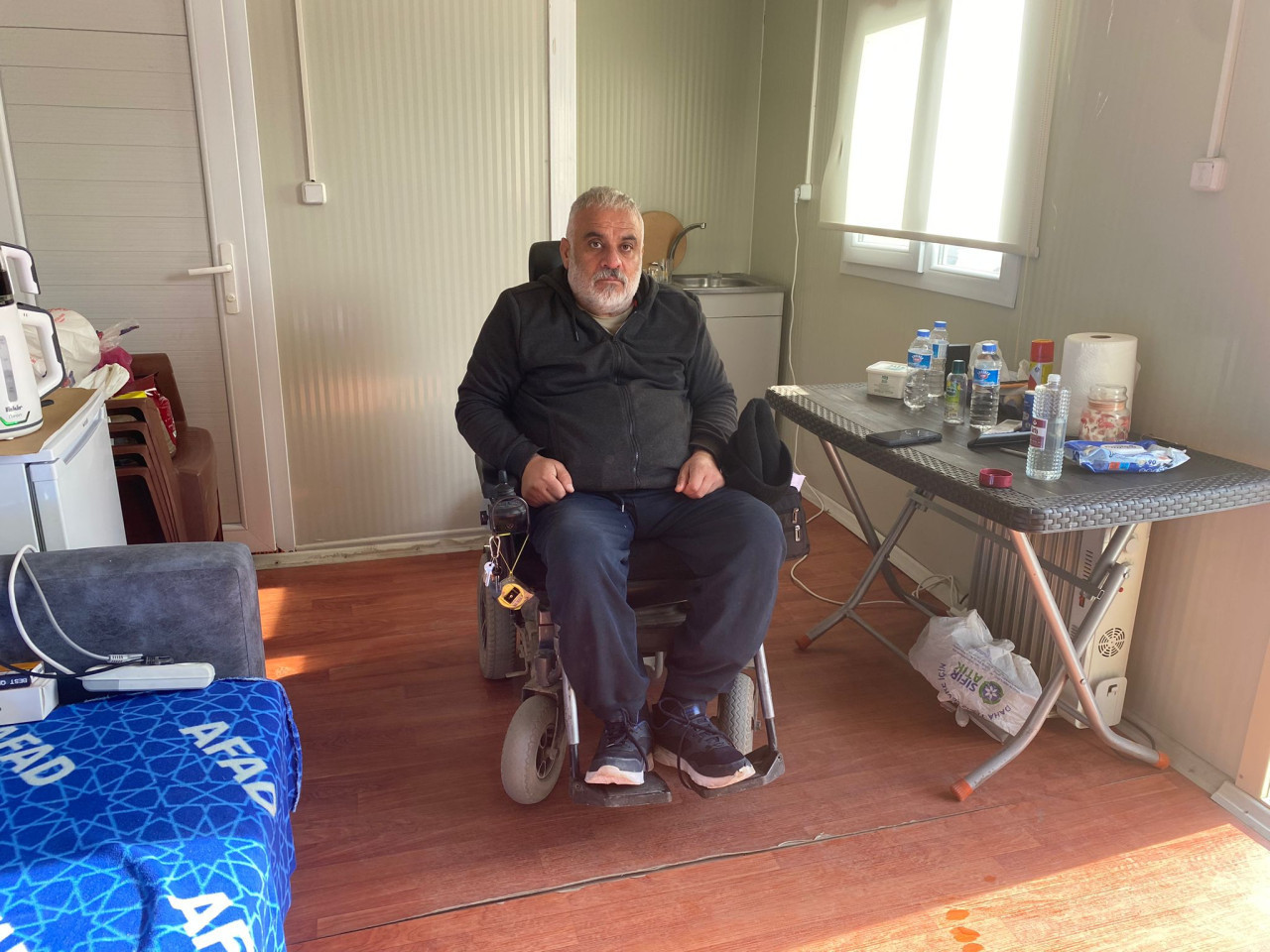
İlhan from the Foundation for the Blind of Turkey stated that people with disabilities had very serious problems not only in post-earthquake life but also during search and rescue operations.
He underscored that the rescue teams could not communicate with dozens of disabled people under the rubble due to lack of training and added, “From the hearing impaired who cannot hear the teams to the visually impaired who cannot escape because they cannot see the intact corridors, many of our friends were forgotten under the rubble.”
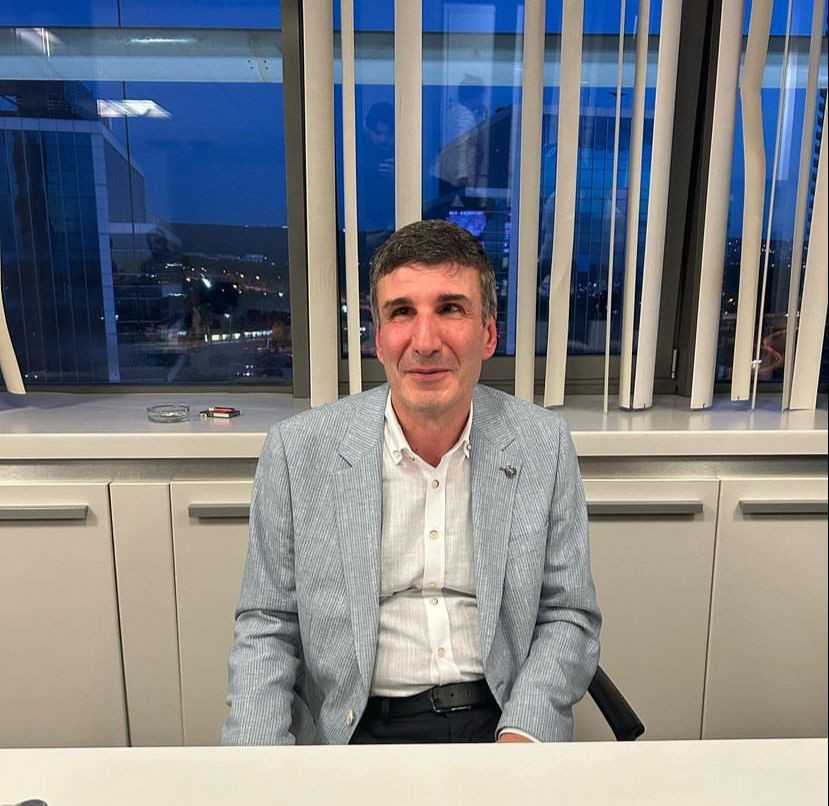
İlhan therefore stated that the houses where people with disabilities live should have been registered with the address-based registration system to be used in emergencies.
İlhan stated that there was an increase in the number people living with disabilities after the earthquake, but the government did not disclose this statistics. He also stated that there were problems in access to healthcare such as access to prostheses and similar materials.
(English version by Can Bodrumlu)

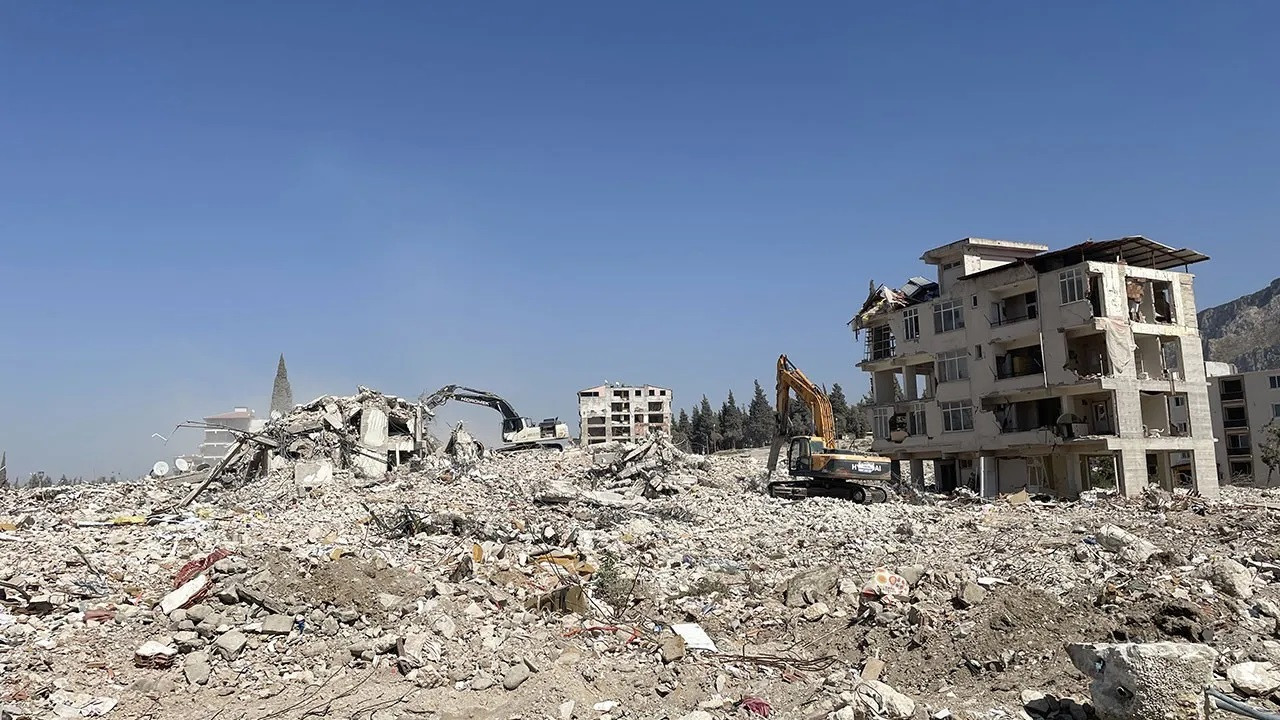 Traumatizing effects of quake becoming more visible w/out permanent accomodation in HatayDomestic
Traumatizing effects of quake becoming more visible w/out permanent accomodation in HatayDomestic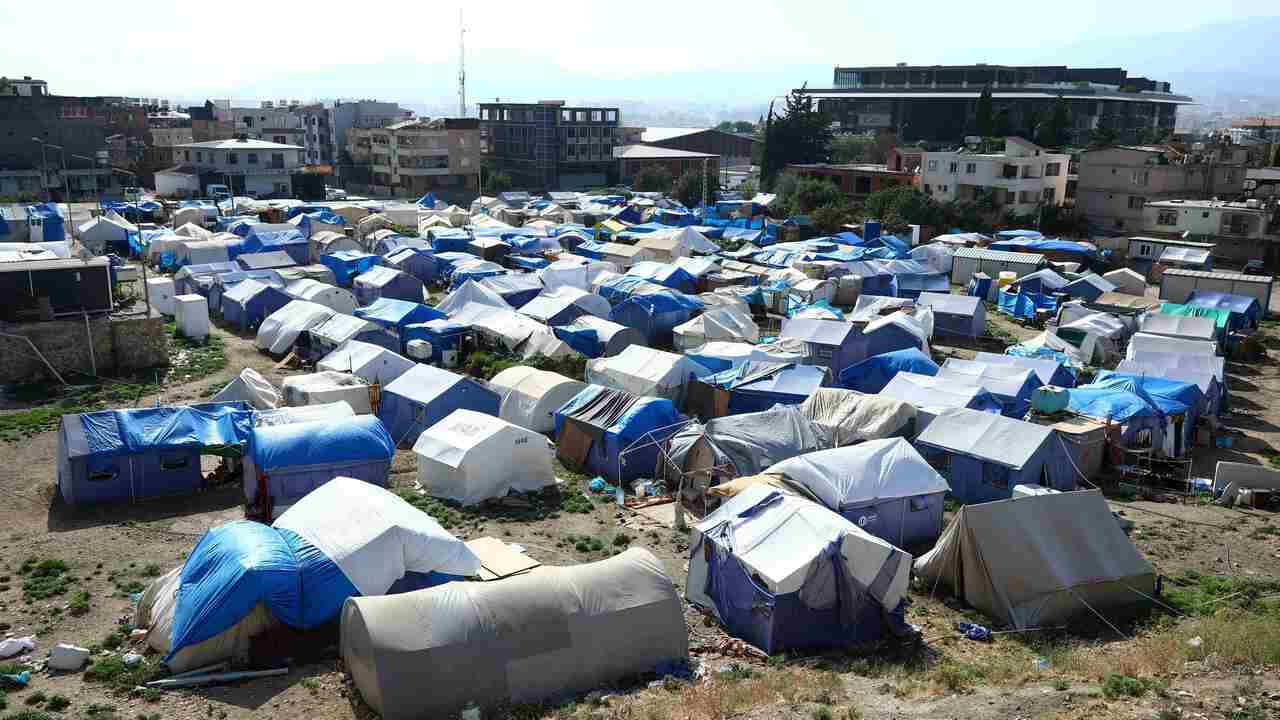 Reconstruction in Turkey's quake region misses gov't targets due to economic crisisDomestic
Reconstruction in Turkey's quake region misses gov't targets due to economic crisisDomestic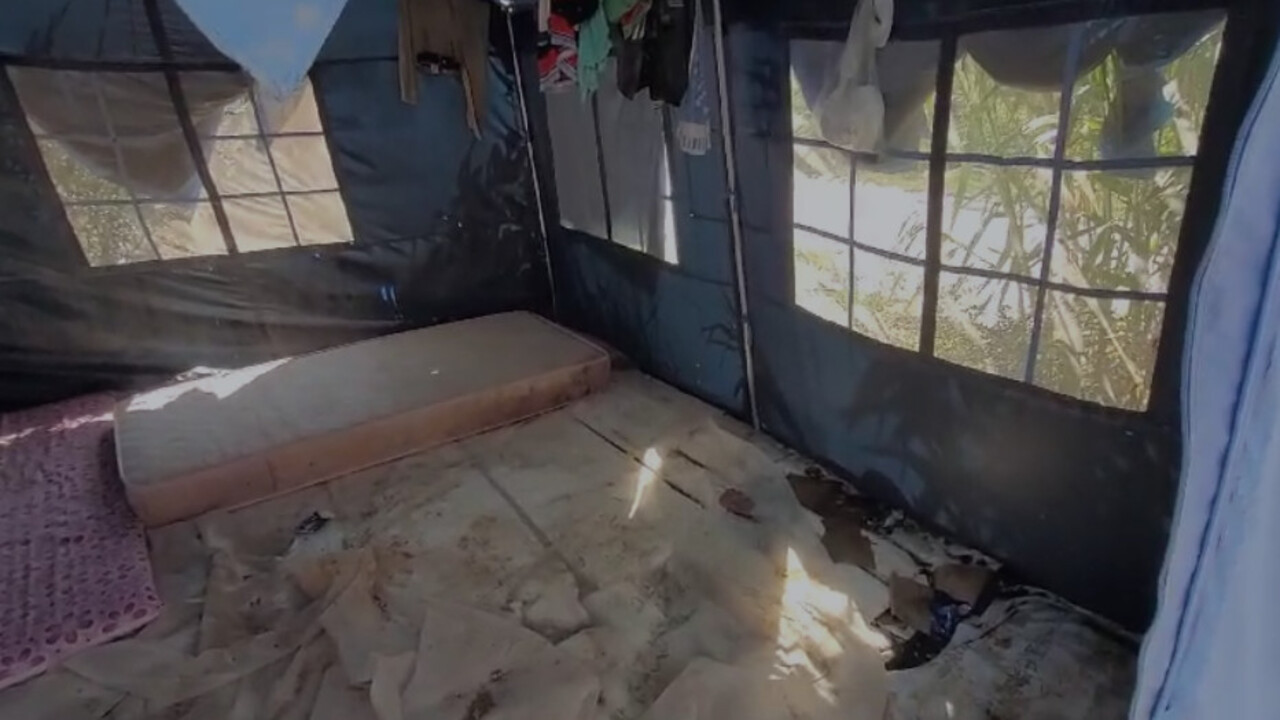 Tent camps flooded in quake-torn Hatay once again, residents gripeDomestic
Tent camps flooded in quake-torn Hatay once again, residents gripeDomestic